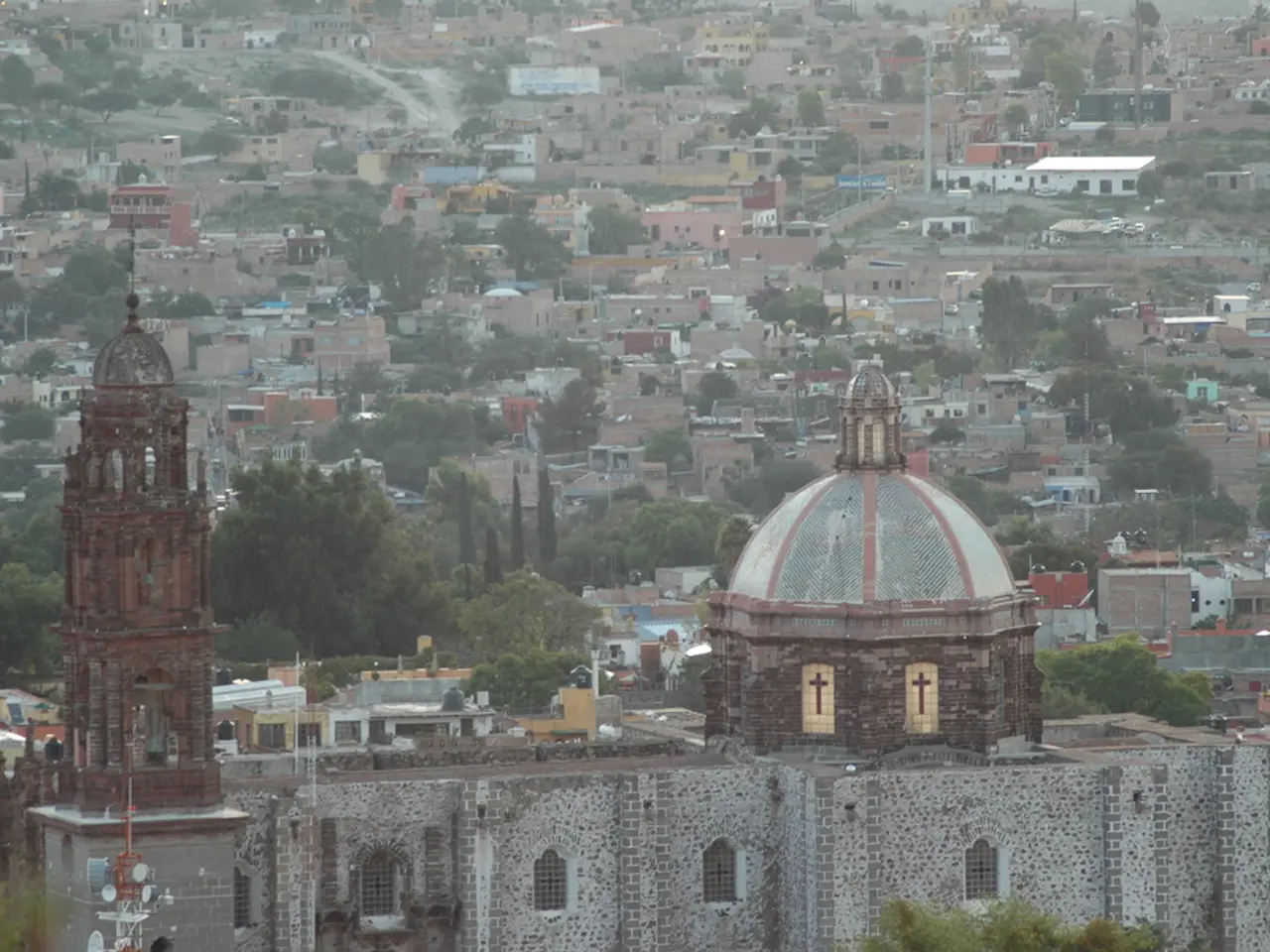City Cohesion Program Enhances among European Urban Centers, Promoting Religious Harmony
The Spanish city of Madrid recently played host to the presentation of a new two-year programme named "Religions & Tolerance." This initiative, aimed at connecting cities across the European Union, intends to improve the management of religious diversity and promote tolerance among citizens, with a special focus on youth.
The programme, also known as RE-TO, involves institutional, academic, administrative, and civil society actors, and was approved by the Citizens, Equality, Rights and Values Programme (CERV) of the European Commission. With a 24-month implementation period ending in December 2026, the project aims to foster knowledge about the right to religious freedom and encourage tolerance among citizens.
Spain, a country with 16 officially recognized confessions, has long been a melting pot of diverse faiths. The need for adapted and sensitive public policies to manage this religious diversity was highlighted at the event, which took place at the Palacio de Parcent in Madrid on February 6.
Luis Martínez-Sicluna, Secretary General of the Spanish Federation of Municipalities (FEMP), described the initiative as innovative, aimed at strengthening local entities' capacities to manage religious diversity. The FEMP currently comprises 31 municipalities, but plans to extend its reach to many others across the European Union.
The "Religions and Tolerance" project is not related to the #OneMoreYearEF campaign, an advertisement that has been circulating separately. The project's specific objectives, as stated on its website, include raising awareness among local governments about the importance of promoting conditions for effective equality and freedom for religious minorities, providing tools for managing religious diversity democratically, inclusively, and pluralistically, and promoting collaboration between municipalities.
Key issues such as the elimination of all forms of discrimination against women and the promotion of sustainable development are also addressed within the project. The programme will disseminate tools and protocols and provide specialized training for local administration staff to ensure proactive and collaborative management, reducing tensions and promoting interfaith dialogue.
Evangelical representation was notable at the opening ceremony, with attendees including Carolina Bueno of FEREDE, Eva Contador of the Spanish Evangelical Alliance, and members of the Evangelical Council of Madrid. The Spanish government's Director General for Religious Freedom, Mercedes Murillo, emphasized the importance of local governments ensuring the effective exercise of the right to freedom of worship, with public authorities having the duty to create conditions that allow this right.
The "Religions and Tolerance" project is just one of several initiatives within Europe that aim to promote religious tolerance, interfaith dialogue, and diversity management. Other examples include the EU Policy on Religion and Politics, which supports initiatives promoting interfaith dialogue, education, and cultural exchange programs, and the Council of Europe's Committee for Interreligious and Interconvictional Dialogue (CIRICD) and NIRIC-DIALOGUE network, which focus on promoting dialogue among different religious and convictional groups.
As cities across Europe continue to grow and diversify, initiatives like the "Religions and Tolerance" project will play a crucial role in fostering understanding, cooperation, and inclusivity among different religious groups.
The "Religions and Tolerance" project, with its focus on fostering knowledge about religious freedom and promoting tolerance, extends beyond just Spain, engaging with fashion-and-beauty, food-and-drink, travel, and car-oriented lifestyles in European cities, as it encourages collaboration and understanding among diverse communities.
By providing specialized training for local administration staff and disseminating tools and protocols, the project aims to create a proactive and collaborative management approach that extends to all aspects of urban life, including fashion, food, tourism, and transportation.




